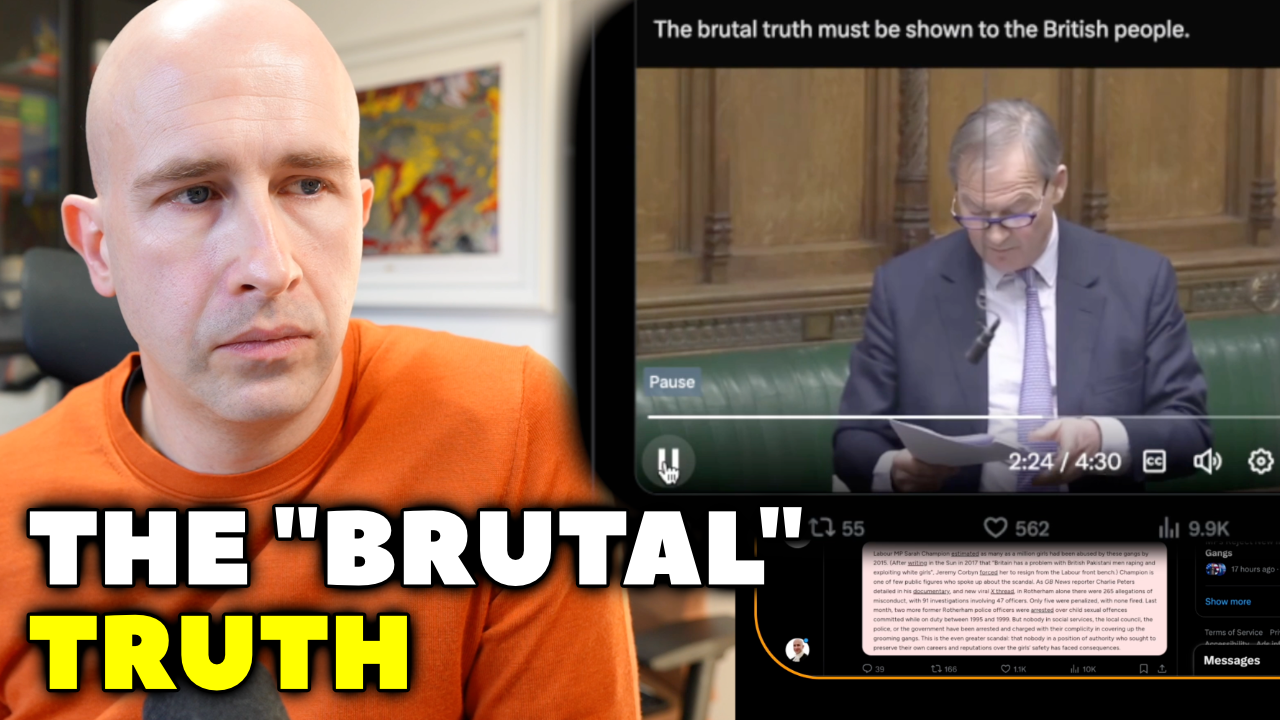Parliament’s Decision Against a National Inquiry into Grooming Gangs: What You Need to Know
In a significant political move, the UK Parliament recently voted against initiating a national inquiry into the operation of grooming gangs that have plagued the country for decades. This decision, passed with an overwhelming Labour majority, has sparked considerable debate and discussion across various media platforms. Understanding the nuances of this decision is crucial for citizens who wish to engage meaningfully with the political landscape and advocate for change. In this article, we’ll explore the implications of this vote, the legislation involved, and why it matters to you.
The Vote: A Complex Decision
The recent vote in Parliament, which saw 362 members voting against the amendment for a national inquiry and only 111 in favor, was not a straightforward rejection of the inquiry itself. To truly grasp the implications of this vote, it’s essential to understand the context in which it occurred.
Understanding the Legislative Process
At the heart of this decision was a discussion surrounding the Children’s Wellbeing and Schools Bill. This bill is a draft piece of legislation that goes through several stages in Parliament before it becomes law. The vote against the inquiry was actually a reasoned amendment related to this bill, which aims to address various issues surrounding children’s welfare and education.
In parliamentary terms, a reasoned amendment allows MPs, particularly from the opposition, to express their objections to a bill. By voting against the amendment for a national inquiry, Labour MPs have effectively sidelined this critical issue, demonstrating a significant political maneuver that many voters may not fully understand.
Why Does This Matter?
The failure to launch a national inquiry into grooming gangs raises pressing concerns about accountability and transparency. For many citizens, this decision reinforces feelings of disenfranchisement and frustration with the current government. It’s crucial for voters to feel that their concerns are addressed, and this vote suggests a disregard for an issue that has impacted countless lives.
Key Highlights of the Children’s Wellbeing and Schools Bill
While the inquiry is a vital topic, the Children’s Wellbeing and Schools Bill encompasses broader issues that require scrutiny. Here are some of the key aspects of the bill:
- Homeschooling Regulations: The bill proposes that parents must obtain local authority consent to withdraw a child from school if they are under investigation. This raises questions about parental rights and local authority overreach.
- Registration of Children: The bill mandates local authorities to maintain a register of children not in school, aiming to ensure their welfare but also raising data protection concerns.
- Academy Controls: Proposed changes could limit the independence of academies, affecting their operational freedom and potentially undermining their success.
These elements of the bill illustrate the complex interplay between child welfare and educational governance, underscoring the importance of thorough debate and public engagement.
Language and Accountability in Parliament
A particularly contentious aspect of this discussion is the language used in Parliament. During the debate, MP Rupert Lowe posed uncomfortable yet crucial questions regarding the government’s stance on grooming gangs. His inquiries were met with criticism for their bluntness, which raises the larger issue of whether political discourse should prioritize sensitivity over accountability.
The Importance of Precise Language
In legal and political contexts, precise language is essential. It ensures that issues are addressed transparently and that the public can hold officials accountable. By shying away from uncomfortable truths, we risk perpetuating a cycle of inaction regarding critical issues such as child exploitation.
Engaging with Your Political System
As citizens, it’s imperative to be informed and engaged with the political system. The recent vote serves as a call to action for those who feel dissatisfied with how issues like grooming gangs are handled. If you want to see change, exercising your right to vote is crucial.
Why Voting Matters
With only about 60% of the electorate participating in elections, a significant portion of the population remains voiceless. Engaging in the electoral process is fundamental to ensuring that representatives align with the values and needs of their constituents. Your vote matters, and it is your opportunity to influence the direction of policies that affect your community.
Final Thoughts
The decision by Parliament to reject a national inquiry into grooming gangs raises important questions about governance, accountability, and the rights of citizens. As we navigate these complex issues, it is vital to remain informed, ask the hard questions, and participate actively in the political process.
Found this helpful? Subscribe to the BlackBeltBarrister YouTube Channel for expert insights into legal topics!
Daniel ShenSmith, Barrister and Creator of the BlackBeltBarrister Channel.
Not to be taken as legal advice. For formal advice, please contact [email protected].
